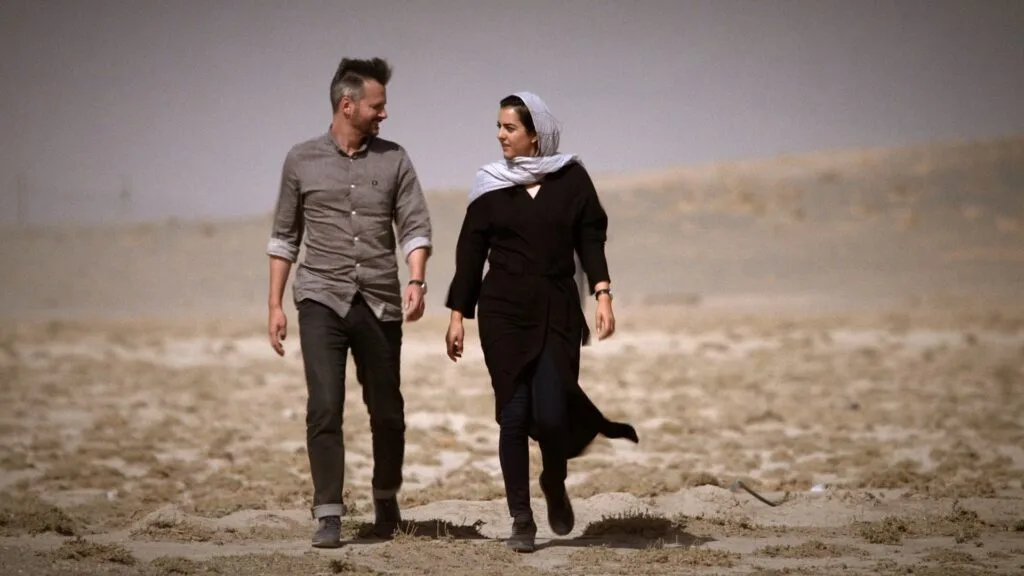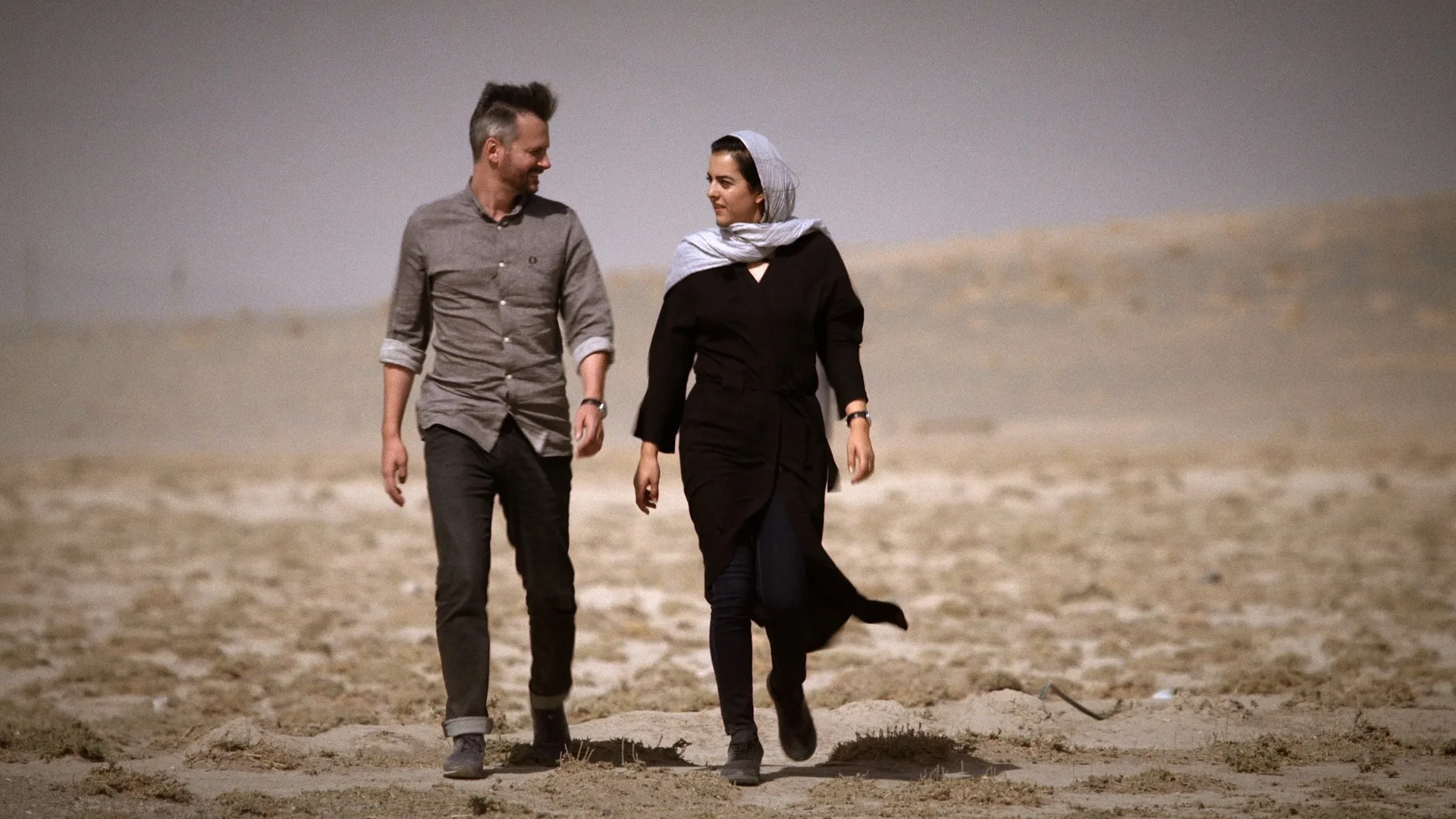WATCH: How the Internet Has Changed Iran — From Cappuccino Cafes, to Headscarf Protests
August 14, 2018
Share
A café where men and women sit at the same table, sipping cappuccinos, listening to Western music, and browsing Instagram and the internet might not be what most Americans imagine when they think of Iran.
As the above scene from the FRONTLINE documentary series Our Man in Tehran explores, though, Western influences have poured into the country thanks to the internet — especially after Iranian President Hassan Rouhani brought about a tenfold increase in internet speed after being elected.
It was a move that initially brought Rouhani enormous popularity, New York Times Tehran Bureau Chief Thomas Erdbrink reports in the above scene from night two of the series, which premieres tonight on PBS stations and online.
But as Erdbrink says, “Below the surface, Iran is simmering with discontent everywhere. The volcano can always erupt, at any given moment.” And when the availability of the internet helped to amplify dissent rather than prevent it, Iran’s conservative ruling clerics weren’t pleased.
Case in point: When women took to the streets to protest the compulsory wearing of headscarves in early 2018, shortly after massive, broader protests against Iran’s leaders also swept through the nation, videos filmed by passers-by spread all across the country on social media. Rouhani defended protesters’ right to criticize their government. But he would be overruled by Iran’s supreme leader. In the end, Erdbrink says, it’s Ayatollah Khamenei and his Revolutionary Guard, not the president, who make the call on what is and isn’t allowed.
Twenty-nine people were arrested in relation to the headscarf protests, Erdbrink reported in February. And as Erdbrink notes in the film, in response to the widespread protests in late 2017 and early 2018, the government temporarily blocked Instagram.
In the above excerpt from Our Man in Tehran, explore how the internet has changed life in Iran, meet a woman who participated in the headscarf protests that went viral, and see footage of the religious police in action as they arrested women accused of violating the country’s dress code.
For more rare and revealing access inside Iran as a modernizing society is increasingly pitted against ideologically conservative Muslim clerics, watch part one of Our Man in Tehran online now, and see part two tonight. Filmed over four years starting in 2014, the documentary follows Erdbrink — one of the last Western journalists in Iran — as he travels around the country, meeting ordinary people and hearing stories about their lives and hopes and fears.
Watch part one of Our Man in Tehran online now. Part two premieres Tuesday, August 14 at 9 p.m. EST/8 p.m. CST on PBS stations (check local listings) and online at pbs.org/frontline.

Related Documentaries
Latest Documentaries
Related Stories
Related Stories
Explore
Policies
Teacher Center
Funding for FRONTLINE is provided through the support of PBS viewers and by the Corporation for Public Broadcasting, with major support from Ford Foundation. Additional funding is provided the Abrams Foundation, Park Foundation, John D. and Catherine T. MacArthur Foundation, Heising-Simons Foundation, and the FRONTLINE Trust, with major support from Jon and Jo Ann Hagler on behalf of the Jon L. Hagler Foundation, and additional support from Koo and Patricia Yuen. FRONTLINE is a registered trademark of WGBH Educational Foundation. Web Site Copyright ©1995-2025 WGBH Educational Foundation. PBS is a 501(c)(3) not-for-profit organization.





















